10 Best Herbal Essential Oils For Oily Skin

Herbal essential oils are natural extracts derived from plants and are widely used in skincare for their therapeutic properties.
For individuals with oily skin, certain essential oils such as tea tree, lavender, and chamomile are particularly beneficial due to their antimicrobial and balancing effects. These oils can help regulate sebum production, reduce excess oiliness, and prevent breakouts without clogging pores. When diluted properly with a carrier oil, they can be safely applied to the skin as part of a daily skincare routine.
However, it is important to perform a patch test and consult with a dermatologist before incorporating essential oils into one's skincare regimen.
Table of Contents
- 1. Melaleuca (Melaleuca alternifolia)
- 2. English lavender (Lavandula angustifolia)
- 3. Sandalwood (Santalum album)
- 4. Rosemary (Rosmarinus officinalis)
- 5. Salvia (Salvia officinalis)
- 6. Eucalyptus (Eucalyptus globulus)
- 7. German chamomile (Chamomilla recutita)
- 8. Pogostemon (Pogostemon cablin)
- 9. Lemon grass (Cymbopogon citratus)
- 10. Lemon grass (Cymbopogon martini)
1. Melaleuca (Melaleuca alternifolia)

Melaleuca alternifolia, commonly known as tea tree oil, is a popular essential oil derived from the leaves of the Melaleuca alternifolia plant native to Australia.
It is widely recognized for its antimicrobial and anti-inflammatory properties, making it particularly beneficial for individuals with oily skin. Tea tree oil can help reduce excess sebum production and combat acne-causing bacteria, which are common concerns for oily skin types. Its gentle nature allows it to be used in various skincare formulations without causing irritation.
When diluted properly, melaleuca alternifolia essential oil can be an effective natural remedy for maintaining balanced, clear skin.
2. English lavender (Lavandula angustifolia)

Lavandula angustifolia, commonly known as English lavender, is a popular herbal source for essential oils that is particularly beneficial for oily skin.
Its essential oil is known for its calming and balancing properties, which help regulate sebum production and reduce excess oiliness. The anti-inflammatory and antimicrobial effects of lavender oil can help soothe irritated skin and prevent breakouts, making it ideal for those with acne-prone or oily complexions. When diluted properly, lavender essential oil can be safely applied to the skin, offering a natural alternative to synthetic treatments.
Overall, it is a versatile and effective ingredient in skincare routines aimed at maintaining a balanced, healthy complexion.
3. Sandalwood (Santalum album)
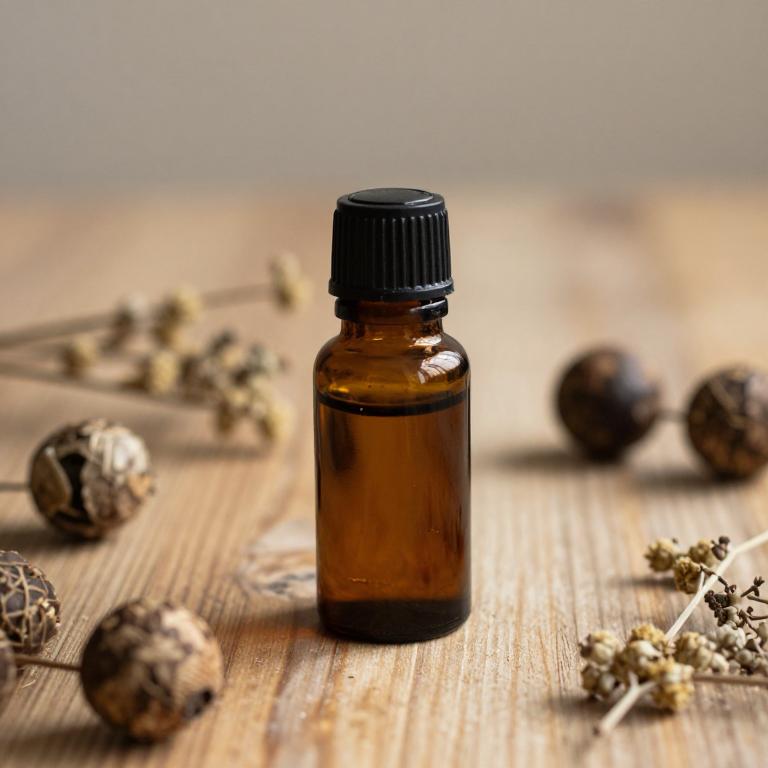
Santalum album, also known as sandalwood, is a prized herbal essential oil that is particularly beneficial for oily skin due to its balancing and soothing properties.
This oil contains compounds like santalol and alpha-santalol, which help regulate sebum production and reduce excess oiliness without stripping the skin of its natural moisture. Its calming and antiseptic qualities make it effective in preventing acne and promoting a clearer complexion. Santalum album also has a subtle, woody aroma that can help reduce stress, which is a common contributor to oily skin.
When used in skincare routines, this essential oil can help achieve a more balanced, radiant, and healthy-looking skin texture.
4. Rosemary (Rosmarinus officinalis)

Rosmarinus officinalis, commonly known as rosemary, is a versatile herb whose essential oil is widely used in skincare, particularly for oily skin types.
This essential oil contains compounds like cineole and camphor, which have astringent properties that help reduce excess sebum production and tighten the skin's appearance. Its antibacterial and anti-inflammatory effects make it effective in preventing breakouts and soothing skin irritation. Rosemary essential oil also promotes circulation and can help balance the skin's natural oil production over time.
When properly diluted, it can be a valuable addition to skincare routines for those with oily, acne-prone skin.
5. Salvia (Salvia officinalis)

Salvia officinalis, commonly known as sage, is a versatile herb whose essential oil is widely used in skincare, particularly for oily skin types.
The essential oil of sage contains compounds like thujone and camphor, which have astringent properties that help reduce excess sebum production and tighten the skin's surface. Its antibacterial and anti-inflammatory effects make it effective in preventing breakouts and soothing irritated skin. When used in moderation, sage essential oil can help balance oiliness and improve the overall texture of the skin.
However, it is important to dilute the oil properly before application to avoid potential skin irritation.
6. Eucalyptus (Eucalyptus globulus)

Eucalyptus globulus, also known as silver gum or blue gum, is a popular source of essential oil widely used in aromatherapy and skincare.
Its refreshing, camphoraceous scent makes it a favorite for its invigorating and purifying properties. For oily skin, eucalyptus globulus essential oil is particularly beneficial due to its ability to regulate sebum production and reduce excess oiliness. It also has antibacterial and anti-inflammatory effects, which can help prevent breakouts and soothe irritated skin.
When diluted properly, this essential oil can be a valuable addition to skincare routines aimed at balancing and clarifying oily complexions.
7. German chamomile (Chamomilla recutita)
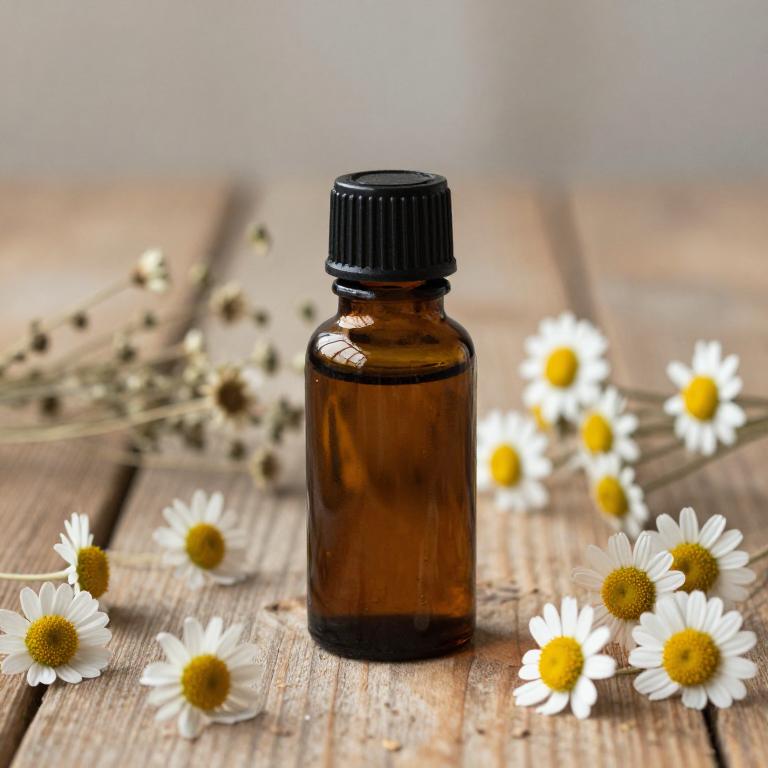
Chamomilla recutita, commonly known as German chamomile, is a popular herbal essential oil widely used in skincare for its soothing and anti-inflammatory properties.
This essential oil is particularly beneficial for oily skin due to its ability to regulate sebum production and reduce excess oiliness without stripping the skin of its natural moisture. Its calming effect helps to minimize redness and irritation, making it ideal for those with sensitive or acne-prone skin. The oil also possesses mild antimicrobial properties that can help prevent breakouts and maintain a balanced complexion.
When used in diluted form, chamomilla recutita essential oil can be safely incorporated into facial toners, serums, or masks to promote a clearer, more radiant skin appearance.
8. Pogostemon (Pogostemon cablin)
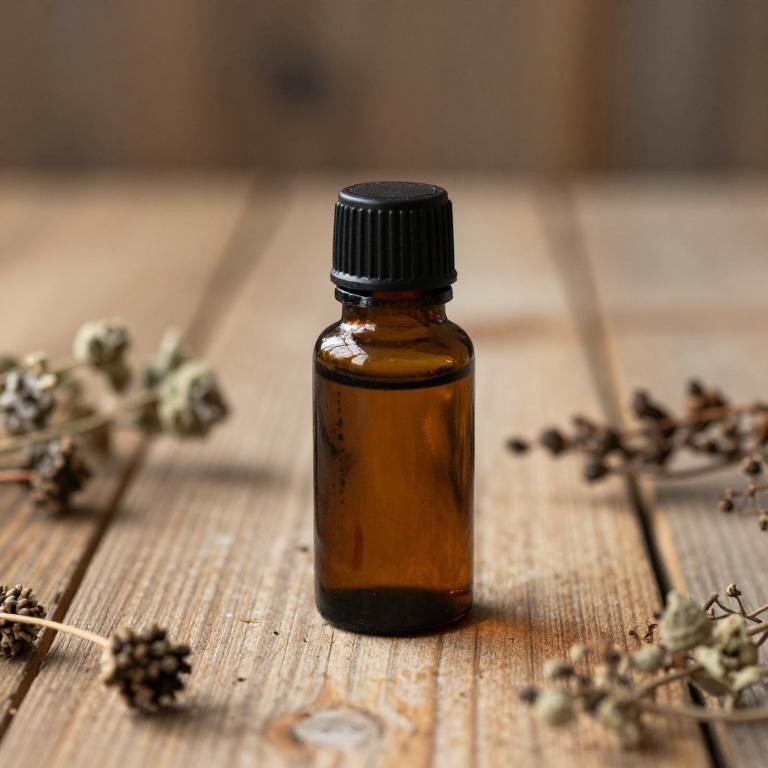
Pogostemon cablin, also known as oil of patchouli, is a popular herbal essential oil that is particularly beneficial for individuals with oily skin.
Its natural properties help to regulate sebum production, which can reduce excess oiliness and prevent clogged pores. The oil has a grounding aroma and is often used in aromatherapy to promote a sense of calm and balance. When diluted properly, it can be applied topically to the skin to help manage oily skin conditions and improve overall skin texture.
Its antimicrobial and anti-inflammatory properties also make it a valuable ingredient in skincare formulations designed for oily or acne-prone skin.
9. Lemon grass (Cymbopogon citratus)
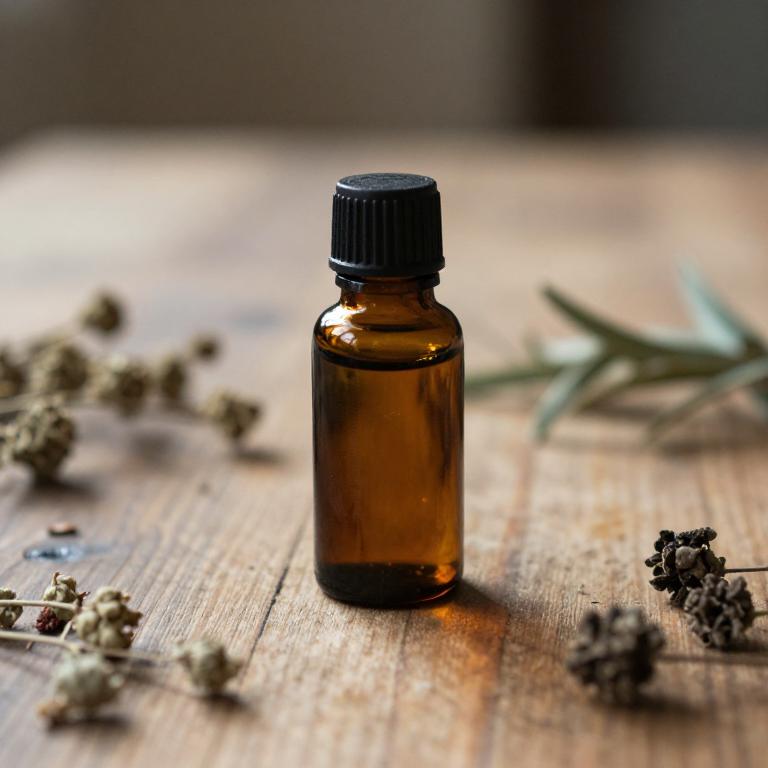
Cymbopogon citratus, commonly known as lemon grass, is a popular herbal plant used for its essential oils, which are particularly beneficial for oily skin due to their astringent and antimicrobial properties.
The essential oil contains compounds like myrcene and citral, which help regulate sebum production and reduce excess oiliness on the skin. Its refreshing citrus scent also provides a calming effect, making it a favored choice in natural skincare routines. Regular use of lemon grass essential oil can help prevent breakouts and maintain a balanced complexion.
However, it is important to dilute the oil properly before applying it to the skin to avoid irritation.
10. Lemon grass (Cymbopogon martini)
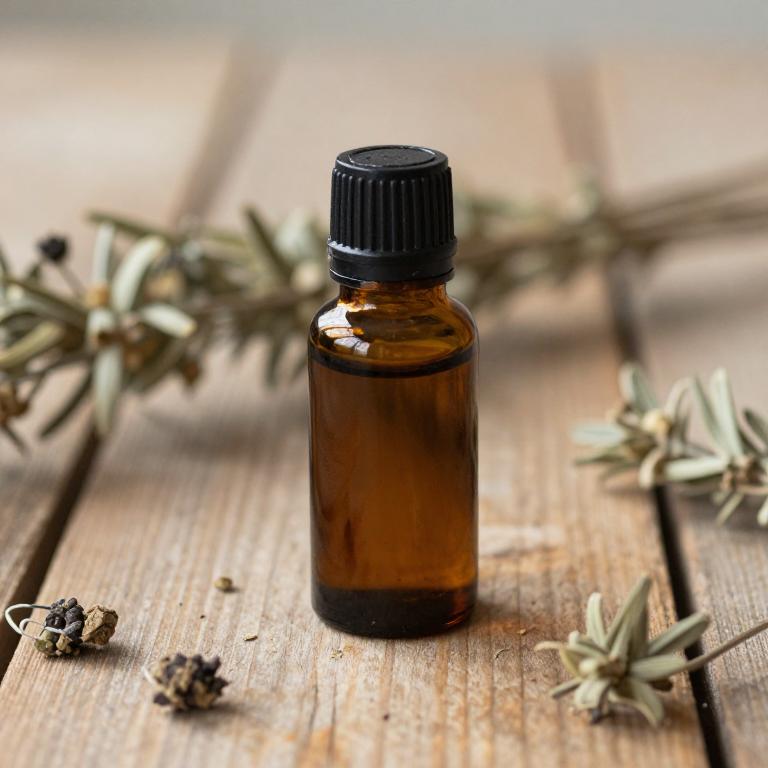
Cymbopogon martini, also known as citronella grass, produces a refreshing essential oil that is particularly beneficial for individuals with oily skin.
This oil is known for its strong, citrusy aroma and its ability to regulate sebum production, helping to reduce excess oiliness on the skin's surface. Its antimicrobial properties make it effective in combating acne-causing bacteria, which is common in oily skin types. When diluted properly, cymbopogon martini essential oil can be used in facial toners or spot treatments to promote a clearer, more balanced complexion.
Overall, it serves as a natural and effective alternative for those seeking to manage oily skin without harsh, synthetic ingredients.